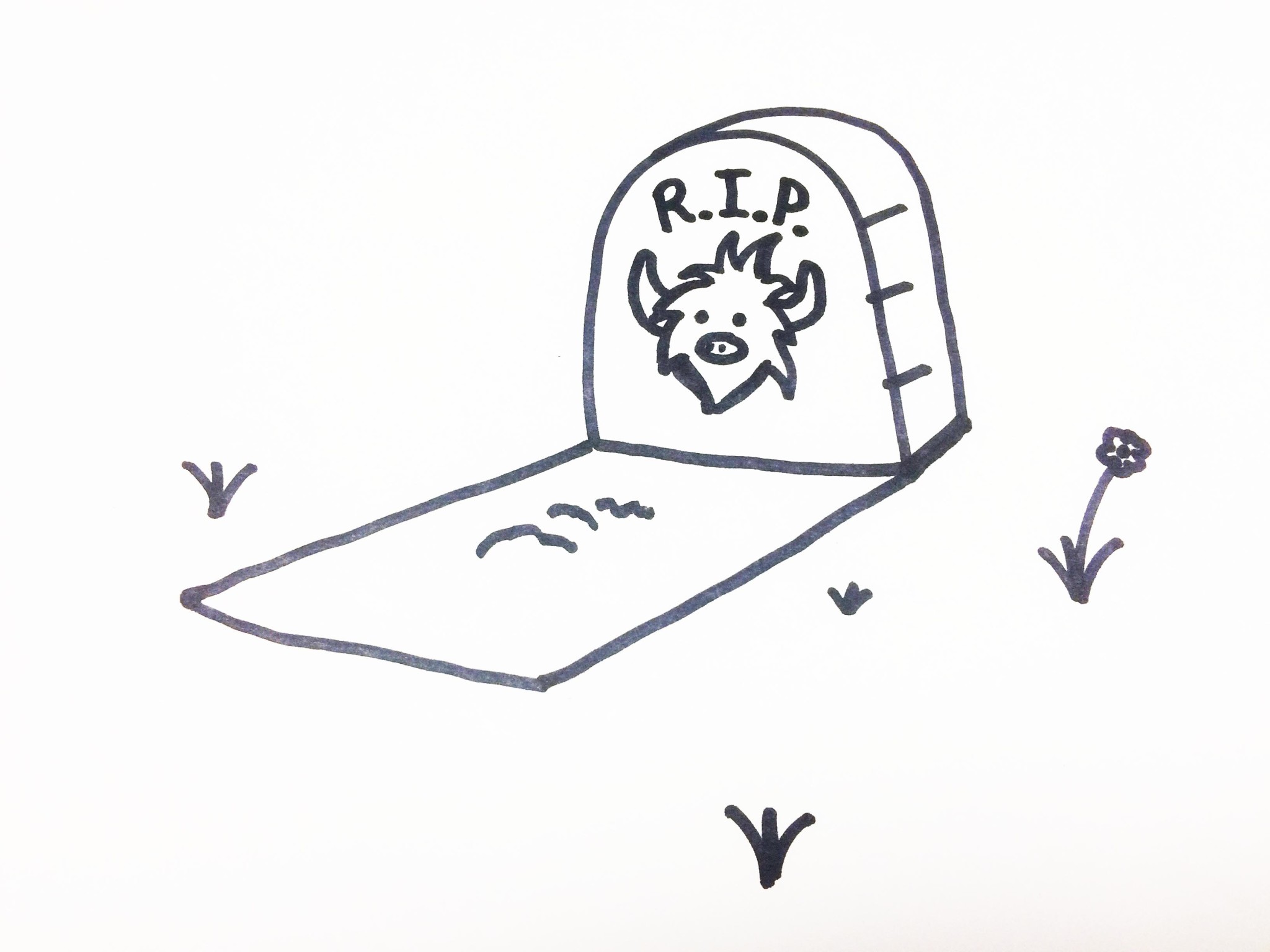Taking a stroll around the Sunken Garden this fall, hearing conversations about the subtle ways the campus has changed is inevitable. ‘Where has Yik Yak gone?’ you might ask in a combination of curiosity, nostalgia and surprise. It’s an interesting point. It certainly used to be a big thing. It used to be THE place for College of William and Mary students to get local “news” …or so I’m told. I hear it also used to be the place for old recycled comedy — all those one-liners you find on those ‘one-liner’ websites. I hear all this because I don’t have any firsthand experience, but that’s not quite true. In order to test one of my early hypotheses about the general algorithm for success on the site, I simply made up an embarrassing story about having a raucous night. It got many, many upvotes though I don’t recall the exact number (or the post, it was that bad). The proof was clear. You simply needed to say what people wanted to hear and you got that artificial form of approval Yik Yak chose to call upvotes. It takes other forms in many other places but it’s all the same.
At that moment, I knew Yik Yak wasn’t for me. Any place where you have to keep the conversation light, predictable and purposeless seems like a complete waste of time. But hey, some people got into it. This was two years ago. The app certainly had a nice run, but it appears that its time has come to an end. People just aren’t using the platform like they used to. Around campus, you don’t hear people discussing ‘what that one guy said on Yik Yak’ anymore. It has simply faded away.
It appears that the app was indeed a fad. It came, it had its success and now it’s leaving. All that remains is for us to contemplate the reasons for its failure. Every failure is a lesson and Yik Yak is no exception.
With the anonymity of Yik Yak, you don’t get the storytelling. It’s just the repetition and sooner or later, people get bored.
There will be other theories for this, of course, but one rather instinctive possibility for Yik Yak’s failure is that people simply got tired of the sameness. I’m not talking about the platform itself but rather the topics of discussion. Because the platform was based on the amusing little remarks of its users, its sustainability rested solely on users coming up with more clever little remarks. The problem is that that didn’t happen. The same tired old words were repeated again and again. Slightly changed here, paraphrased there, but, on the whole, identical. In this rare instance, it appears that College students succumbed to the banality of lesser men (and women). Who wants to scroll through a bunch of short, unappealing sentences that all seem to reference either the inevitability of laziness or the awkward confrontations of everyday life? Sprinkle in some drug talk on the weekend and you pretty much have it.
Now you may say, “Well Benjamin, come on now, that’s social networking gold! You see that on Facebook and Twitter all the time.” What you say is true but you’re not thinking things through. On Facebook and Twitter, you have a profile, so each late-night party post and each crass joke is building a narrative. It can be a repetitive and base narrative but a narrative nonetheless. With the anonymity of Yik Yak, you don’t get the storytelling. It’s just the repetition and sooner or later, people get bored.
Well it just might be that Yik Yak had the same thought, which is why they decided to revamp the system by having users create profiles, thereby removing anonymity. Well, you would think this would be good, right? To become more like Twitter and Facebook must surely be a step in the right direction. However, we already have Twitter and Facebook, why do we need Yik Yak? Is it giving us anything more, anything different? Twitter does the short messaging. Facebook does the stories. Yik Yak is an original that morphed into a ‘poser’ and it’ll pay the price in user loyalty. Given its general uselessness, crude nature and promotion of unsavory habits, I suspect and indeed hope dearly that the College will become a “Yik Yak-free zone” in the near future.
Email Benjamin Halkowski at bhalkowski@email.wm.edu


“Swiflie” looks to be the app and social network that yik yak never was.
Jodel is the new Yik Yak.
[…] the company’s chief technology officer left and the company laid off nearly 60% of its workforce. Benjamin Halkowski from Flat Hat News has already considered Yik Yak a […]